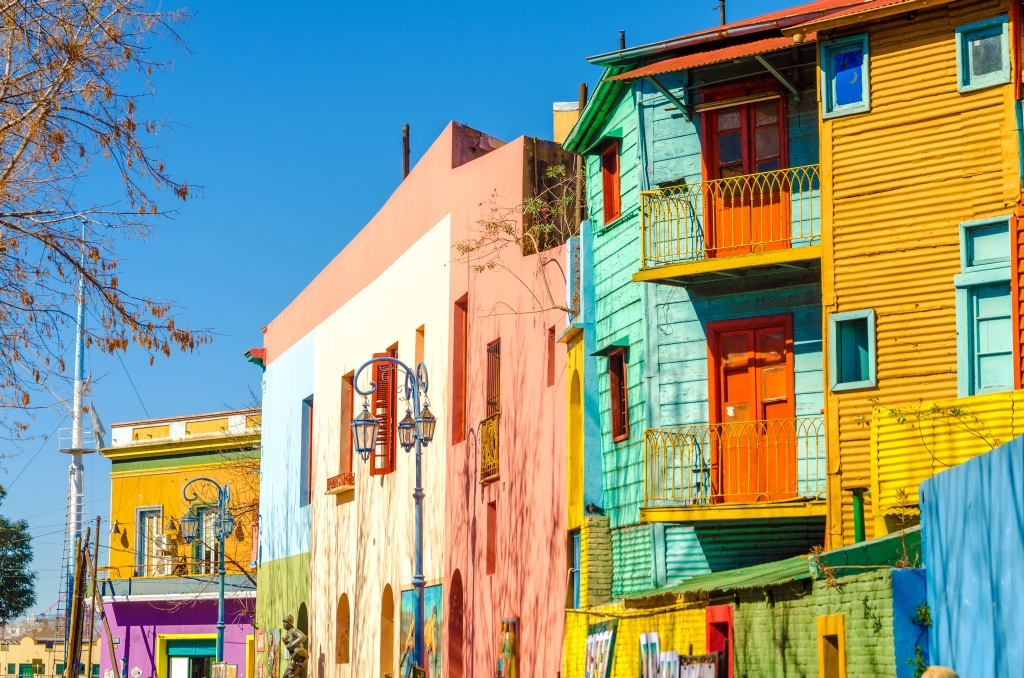 The Red de Turismo Responsable (Responsible Tourism Network) is an initiative launched in 2008 in Argentina that helps hotels, travel agents, NGOs and government organizations to connect sustainable hotels and travel firms with like-minded tourists.
The Red de Turismo Responsable (Responsible Tourism Network) is an initiative launched in 2008 in Argentina that helps hotels, travel agents, NGOs and government organizations to connect sustainable hotels and travel firms with like-minded tourists.
The Code of Ethics of RTR not only concerns itself with ecological sustainability, but also with cultural and economically fair practices for both tourism businesses and travellers in Argentina. It encourages responsible tourism businesses to make their modes of production transparent to the general population. This encourages democratic discussion and helps greatly in raising awareness of how to implement responsible businesses and travel practices.
The RTR distinguishes itself in that it not only fosters responsible energy consumption, recycling and waste management, but also ethical labor guidelines, giving priority to the employment of locals (especially those of native communities) and disabled personnel.
Not only this, but responsible tourism businesses and consumers are aided by RTR in aiming at the preservation of both natural resources and cultural heritage. It defines responsible tourism as that in which travellers and businesses evince a respectful conduct by showing awareness of the impacts that their consumption and production can generate on the environment
This helps develop a spirit of integration and egalitarianism with the local communities that they visit or base themselves in.
 Argentina has many natural spaces that, if visited by humans, must be protected. It also has a lot of potentially vulnerable local communities that make those places what they are, so it is heartening to see initiatives that don’t just focus on the natural aspects (which by themselves are key), but also on the people that live there and their social, cultural and economic integrity.
Argentina has many natural spaces that, if visited by humans, must be protected. It also has a lot of potentially vulnerable local communities that make those places what they are, so it is heartening to see initiatives that don’t just focus on the natural aspects (which by themselves are key), but also on the people that live there and their social, cultural and economic integrity.
Whats sets RTR apart from other green initiatives is the sheer transparency of the decision making process and a strong commitment to democratic principles guided by common sense. Organization members vote on a set of 54 common indicators that are used to measure sustainability/ethical practice and then report cards are given to each participating firm based on these.
The initiative is looking to reach like minded travellers and also plans to expand into Uruguay.
